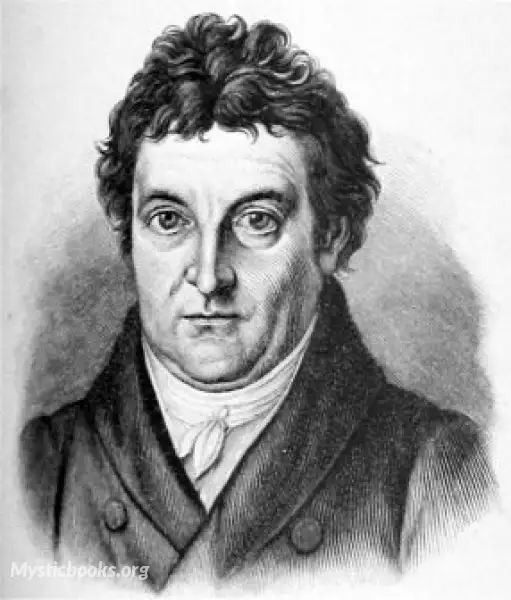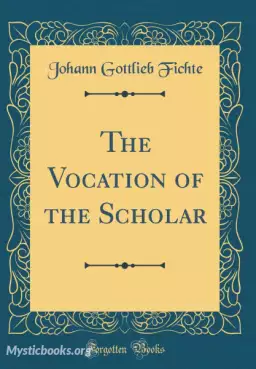
Timeline
Title
Country/Nationality
Johann Fichte
Johann Gottlieb Fichte was a German philosopher who became a founding figure of the philosophical movement known as German idealism, which developed from the theoretical and ethical writings of Immanuel Kant. Recently, philosophers and scholars have begun to appreciate Fichte as an important philosopher in his own right due to his original insights into the nature of self-consciousness or self-awareness. Fichte was also the originator of thesis–antithesis–synthesis, an idea that is often erroneously attributed to Hegel. Like Descartes and Kant before him, Fichte was motivated by the problem of subjectivity and consciousness. Fichte also wrote works of political philosophy; he has a reputation as one of the fathers of German nationalism.
Fichte was born in Rammenau, Upper Lusatia. The son of a ribbon weaver, he came of peasant stock which had lived in the region for many generations. The family was noted in the neighborhood for its probity and piety. Christian Fichte, Johann Gottlieb's father, married somewhat above his station. It has been suggested that a certain impatience which Fichte himself displayed throughout his life was an inheritance from his mother.
Fichte was placed in the family of Pastor Krebel at Niederau near Meissen, and there received a thorough grounding in the classics. From this time onward, Fichte saw little of his parents. In October 1774, he attended the celebrated foundation-school at Pforta near Naumburg. This school is associated with the names of Novalis, August Wilhelm Schlegel, Friedrich Schlegel and Nietzsche. The spirit of the institution was semi-monastic and, while the education was excellent, it is doubtful whether there was enough social life and contact with the world for Fichte's temperament and antecedents. Perhaps his education strengthened a tendency toward introspection and independence, characteristics which appear strongly in his doctrines and writings.
Fichte's critics argued that his mimicry of Kant's difficult style produced works that were barely intelligible. "He made no hesitation in pluming himself on his great skill in the shadowy and obscure, by often remarking to his pupils, that 'there was only one man in the world who could fully understand his writings; and even he was often at a loss to seize upon his real meaning.'" On the other hand, Fichte acknowledged the difficulty, but argued that his works were clear and transparent to those who made the effort to think without preconceptions and prejudices.
Books by Johann Fichte

The Vocation of the Scholar
Johann Gottlieb Fichte was a German philosopher. He was one of the founding figures of the philosophical movement known as German idealism, which developed from the theoretical and ethical writings of Immanuel Kant. Fichte is often perceived as a fig...